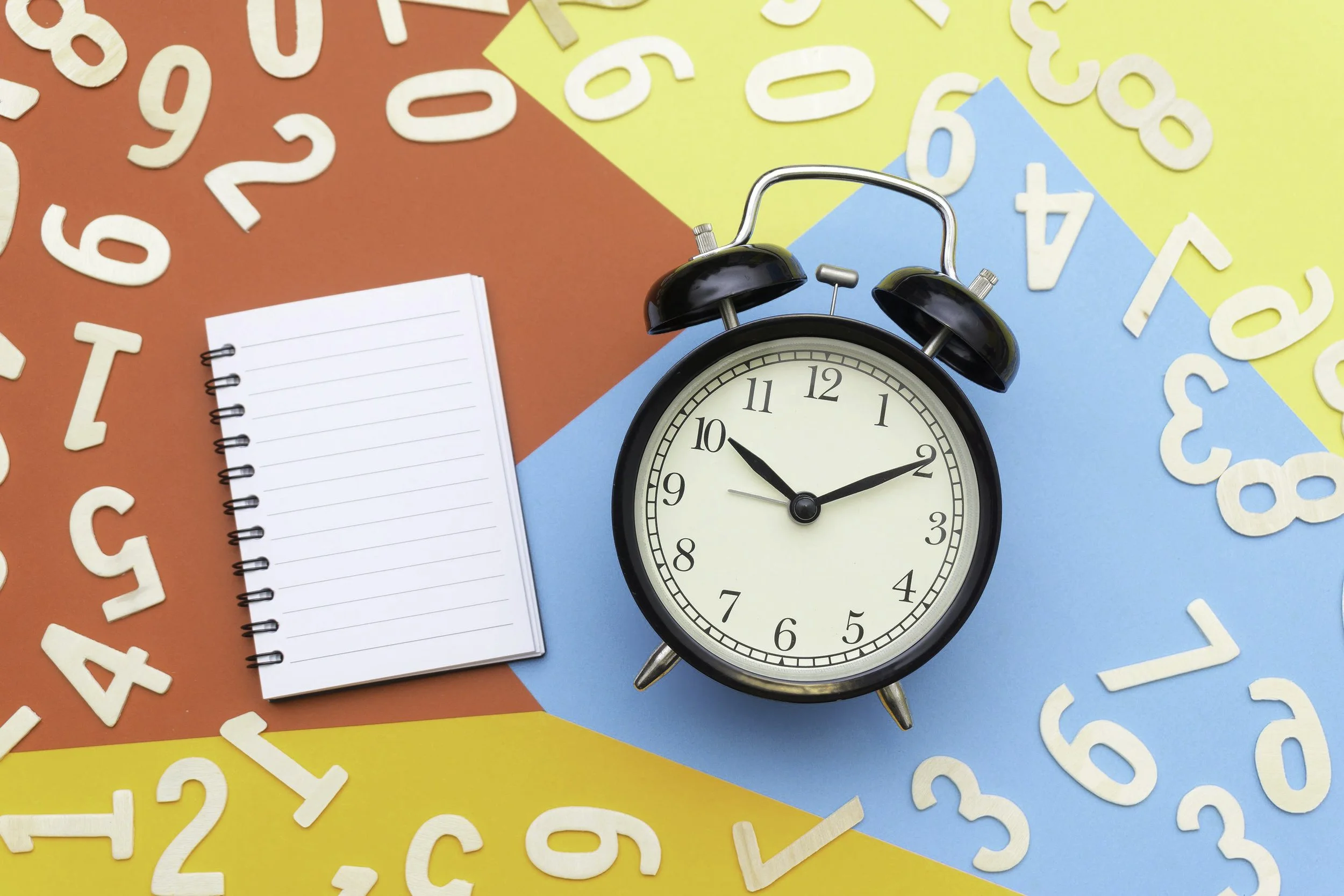Strategies for Balance: Violin Practice and School Homework
Balancing the rigorous demands of schoolwork with the disciplined practice of learning the violin is a common challenge for young musicians and their families. At Triad Suzuki Academy, we understand that fostering a love for music should enhance a child's education, not compete with it. Here are some tried-and-true strategies to help your child manage both commitments successfully.
Create a Structured Schedule
The first step to achieving harmony between violin practice and homework is establishing a structured daily schedule. Encourage your child to designate specific times for homework and violin practice. This doesn't mean they need to choose one over the other; rather, it's about allocating time wisely. For instance, a short violin session after school can rejuvenate the mind before tackling homework. Break practice sessions into manageable, focused segments. This approach ensures that practice is consistent without overwhelming the day's other obligations. For many, short bursts of productive work followed by short breaks can enhance productivity tremendously.
Set Realistic Goals
Setting realistic, attainable goals for both violin practice and homework can motivate your child and reduce feelings of overwhelm. Work with them to set weekly objectives, like learning a challenging excerpt in a new piece of music or completing a difficult homework assignment. Celebrate these accomplishments together to reinforce positive progress. Remember, progress in music, like in academics, is best measured in consistent, small steps rather than giant leaps. This is why we love using excerpts of assigned pieces of music to help students experience each small step of the learning trajectory in an achievable way.
Foster a Supportive Environment
Creating a supportive environment at home is crucial. This means providing a quiet, well-lit space for homework and an inviting area for violin practice. Encourage other family members to respect these spaces and times, minimizing distractions. Additionally, engage in your child's learning by showing interest in their school projects and musical pieces. This involvement shows your child that you value both their educational and musical growth, encouraging them to stay committed to both. Be sure to prioritize attendance at your child’s recitals, concerts, and other musical activities. Many times, students look to their parents for approval (especially when they are young). There's no greater force than a parent's undivided attention and involvement in an activity deemed important by their child.
Incorporate Fun and Breaks
Finally, ensure that both violin practice and homework have elements of fun and include regular breaks. Incorporate games into violin practice or use educational apps that make learning theory more interactive. Short breaks during homework and practice sessions can help maintain concentration and prevent burnout. Remember, the goal is to cultivate a lifelong love for learning and music, so keeping the journey enjoyable is key.
Balancing violin practice with school homework doesn't have to be a stressful part of your family's routine. With thoughtful planning, realistic goals, a supportive environment, and a commitment to fun, your child can excel both academically and musically. At Triad Suzuki Academy, we're here to support your family every step of the way, blending the joy of music with the pursuit of academic excellence.

